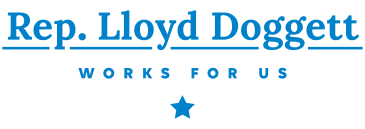House Democrats’ latest pandemic response bill would make COVID-19 drugs and vaccines free for Medicare and Medicaid beneficiaries and the privately insured, but it would do nothing to curb drug prices, and that omission bothers progressive Democrats and consumer and patient lobbyists.
“While the 1,815 pages of this bill contain many excellent provisions, Big Pharma is unfortunately once again a big winner,” said House Ways & Means health subcommittee Chair Lloyd Doggett (D-TX). “Taxpayers are paying billions for drug development, now even paying to construct new manufacturing facilities, with no meaningful restraint on what they will be charged for the resulting medications.”
The Health and Economic Recovery Omnibus Emergency Solutions HEROES) Act would hold Medicare beneficiaries harmless for COVID-19 hospital and outpatient treatments in Part A and Part B, and it would make retail pandemic drugs and vaccines free in Medicare Advantage and Part D. Likewise, Medicaid beneficiaries and people with private insurance would receive COVID-19 drugs and vaccines for free.
Consumer lobbyists said the bill focuses on immediate needs, but Congress also should stop drug makers from profiteering off the pandemic.
“By appropriating billions more to federal agencies for drug development without including reasonable pricing provisions, this bill would hand the drug industry a blank check and extend U.S. policy of making taxpayers pay twice for drugs,” Patients For Affordable Drugs Now Executive Director Ben Wakana said.
Margarida Jorge, campaign director for Lower Drug Prices Now, said drug makers have a track record of making drugs unaffordable.
“Lawmakers must take action to end Big Pharma profiteering, block the drug corporations’ power to set prices, and increase accountability for Big Pharma corporations developing new treatments and vaccines with taxpayer funds,” Jorge said.
House Speaker Nancy Pelosi (D-CA) had considered drug pricing measures early in the pandemic, but more pressing policies took precedence, so she decided to save the drug pricing debate for the lame duck session, the period after the November elections and before newly elected officials take their seats. Drug pricing measures were supposed to ride with legislation reauthorizing a group of Medicare and Medicaid programs and pay policies collectively called the extenders that were set to expire May 22. Uncertain whether they would return to Washington in time to deal with the extenders amid the pandemic, lawmakers renewed them until Nov. 30.
Read the story here.
************************************************************************************
News Credit
Author: John Wilkerson
Publisher: Inside Health Policy
Date: May 12, 2020


